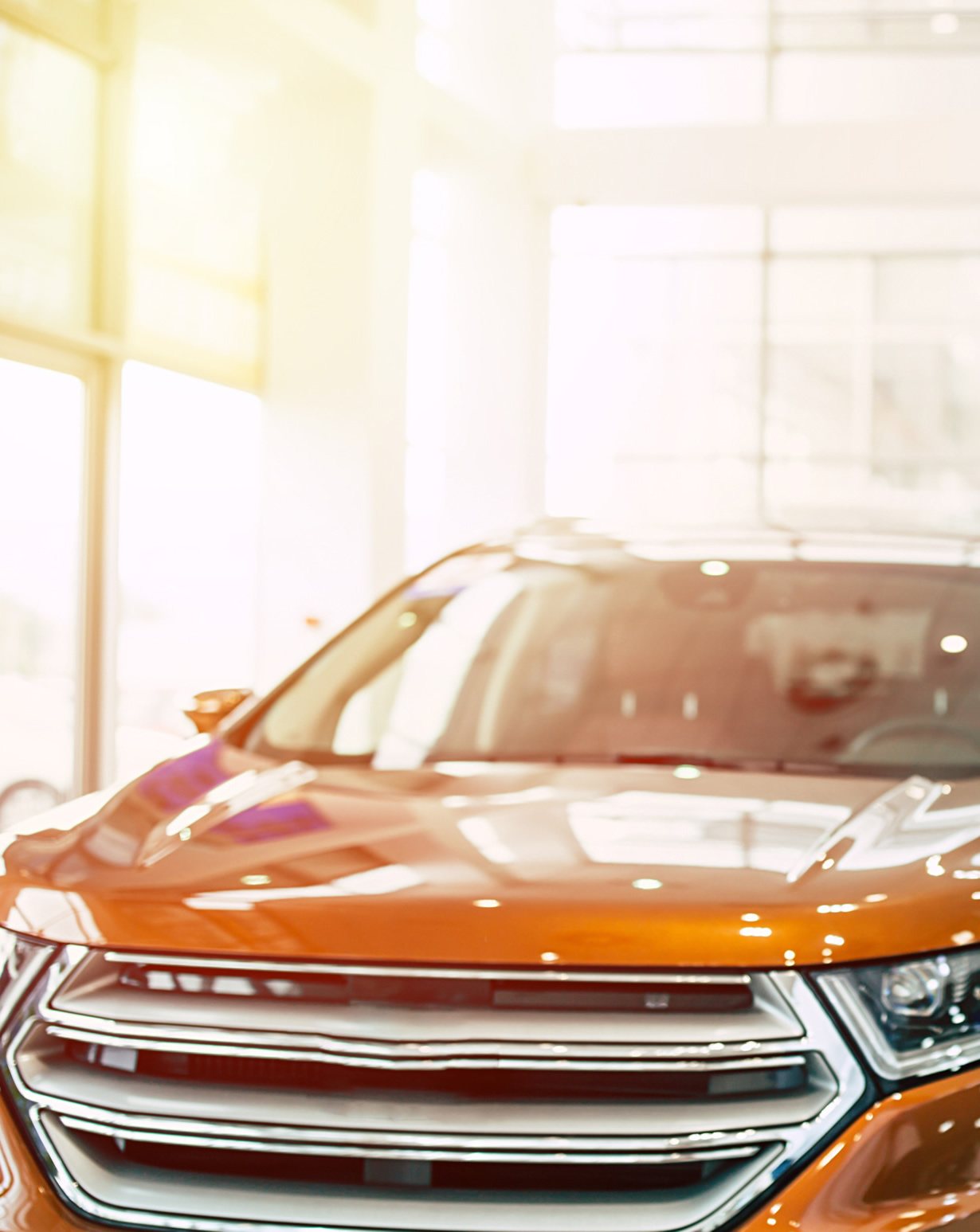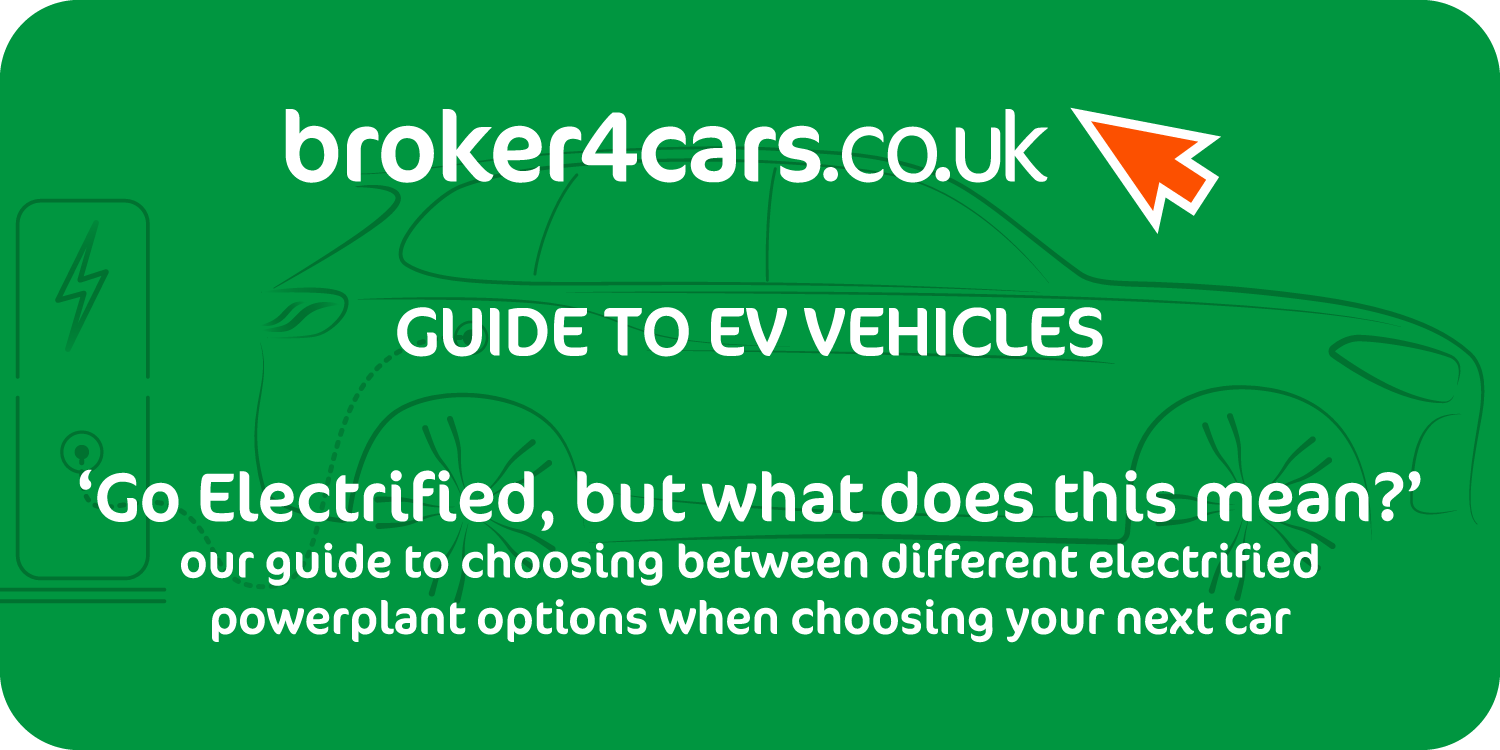Lease Purchase
A lease purchase agreement spreads the cost of buying a vehicle into three sets of payments:
1. The first is a deposit that you pay before you get the car or van. This is often around 10%, but can be up to 50%. The more you pay now, the lower your monthly payments will be.
2. The second set of payments are your monthly instalments, which typically run for between two and four years. These are lower than some types of car finance, such as a bank loan or Hire Purchase (HP), because they only cover part of the cost of the car. Monthly payments may be a little lower than Personal Contract Purchase (PCP) finance because lenders charge slightly less interest.
3. At the end of the agreement you have the third type of payment to make: the final instalment, which is often called the balloon payment. This is usually several thousands of pounds and has to be paid - you can't just hand the car back. However, there's usually the option of extending the lease agreement by making additional monthly payments or refinancing the vehicle to cover the balloon payment, if you are unable or unwilling to pay the lump sum.
Lease purchase (LP finance): the alternatives
See how lease purchase compares to more flexible forms of finance, and those which don't require a large final payment
Lease Purchase (LP finance) vs Personal Contract Purchase (PCP finance)
Just like lease purchase agreements, PCP deals are split into three sets of payments, starting with the deposit (although there's often a no-deposit option) and then monthly installments, which are low because they only cover part of the cost of the car.
The agreements differ once all of the monthly payments have been made. PCP allows you to hand the car back; there may be the option to trade it in for another vehicle; or you can make the final payment to own the car.
With a lease purchase agreement, buying the car is mandatory, although there is usually the option to extend the lease or refinance the vehicle.
The monthly payments for lease purchase finance may be a little cheaper because interest rates are often slightly lower; PCP lenders have to take into account the risk of cars being worth less than expected when they are handed back.
Lease Purchase (LP finance) vs Hire Purchase (HP finance)
Both of these agreements end with you owning the vehicle, but HP spreads the cost into a series of identical monthly payments, which are generally higher than LP. Once they are finished, then the vehicle is yours - there's no large lump sum that needs to be paid, unlike with lease purchase.
Lease Purchase (LP finance) vs Leasing / Personal Contract Hire (PCH finance)
Leasing, or Personal Contract Hire, is simply a long-term form of vehicle hire. You pay an advance payment, and then a series of identical monthly payments. At the end, you hand the car back without the need to find any additional money. There's no option to own the vehicle.







